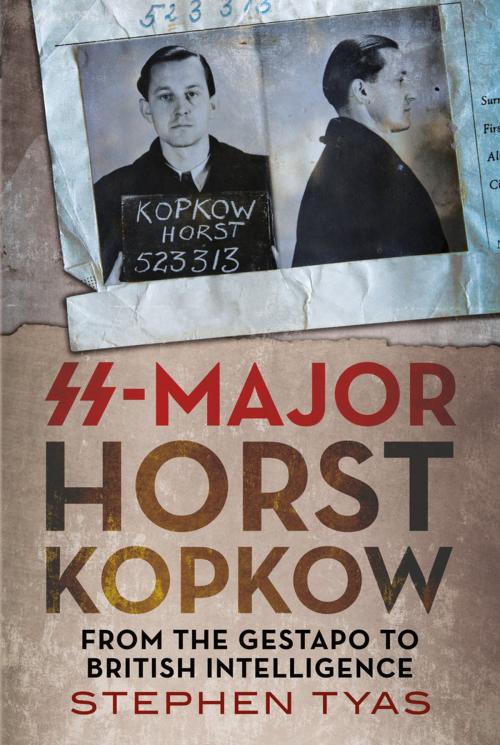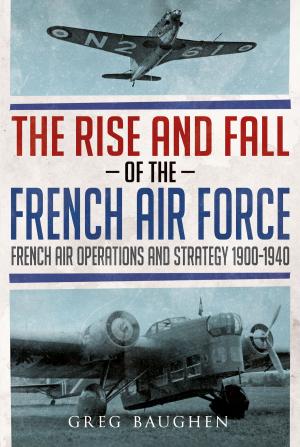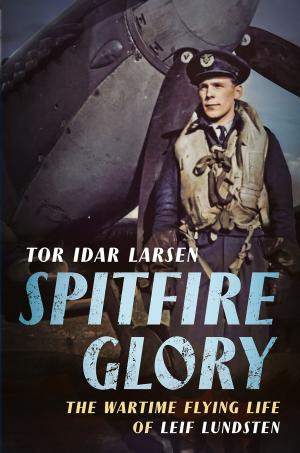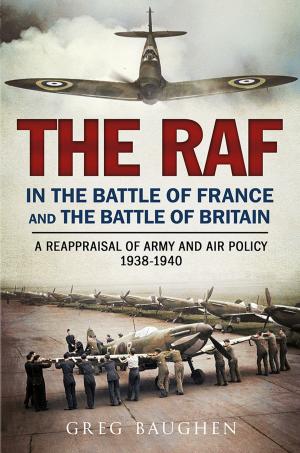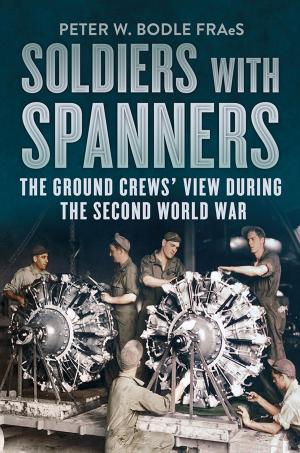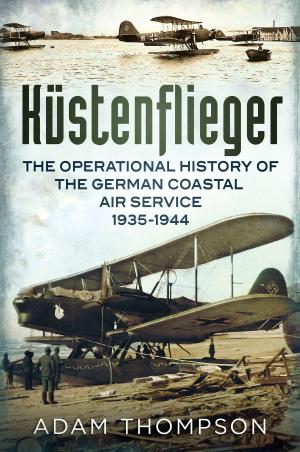SS-Major Horst Kopkow
From the Gestapo to British Intelligence
Nonfiction, Social & Cultural Studies, True Crime, Espionage, History, British, Military, World War II| Author: | Stephen Tyas | ISBN: | 1230001907797 |
| Publisher: | Fonthill Media | Publication: | September 19, 2017 |
| Imprint: | Language: | English |
| Author: | Stephen Tyas |
| ISBN: | 1230001907797 |
| Publisher: | Fonthill Media |
| Publication: | September 19, 2017 |
| Imprint: | |
| Language: | English |
On 27 May 1942, SS-General Reinhard Heydrich was assassinated by Czech agents who were trained in the UK and dropped by parachute into Czechoslovakia. Heydrich succumbed to his wounds on 4 June 1942. Two days later, Gestapo Captain Horst Kopkow’s department at Reich National Security headquarters was given fresh orders. From 6 June 1942 until the end of the war, Kopkow was responsible for co-ordinating the fight against Soviet and British agents dropped in Germany or German-occupied territories. This new direction for Kopkow made his name.
Within months, the ‘Rote Kapelle’ Soviet espionage ring was uncovered in Belgium whose traces went directly to Berlin and Paris. A new counter-espionage war began and agents caught would pay with their lives. In France and Holland, the Gestapo caught many SOE agents trained in Britain.
By spring 1944, around 150 British agents had been deported to concentration camps. By December 1944, almost all had been murdered without trial and Kopkow was directly involved in these murders. Arrested by British forces after the war, Kopkow was extensively interrogated due to his counter-espionage experience. For the next 20 years, Kopkow was a consultant for Britain’s Secret Intelligence Service.
On 27 May 1942, SS-General Reinhard Heydrich was assassinated by Czech agents who were trained in the UK and dropped by parachute into Czechoslovakia. Heydrich succumbed to his wounds on 4 June 1942. Two days later, Gestapo Captain Horst Kopkow’s department at Reich National Security headquarters was given fresh orders. From 6 June 1942 until the end of the war, Kopkow was responsible for co-ordinating the fight against Soviet and British agents dropped in Germany or German-occupied territories. This new direction for Kopkow made his name.
Within months, the ‘Rote Kapelle’ Soviet espionage ring was uncovered in Belgium whose traces went directly to Berlin and Paris. A new counter-espionage war began and agents caught would pay with their lives. In France and Holland, the Gestapo caught many SOE agents trained in Britain.
By spring 1944, around 150 British agents had been deported to concentration camps. By December 1944, almost all had been murdered without trial and Kopkow was directly involved in these murders. Arrested by British forces after the war, Kopkow was extensively interrogated due to his counter-espionage experience. For the next 20 years, Kopkow was a consultant for Britain’s Secret Intelligence Service.
